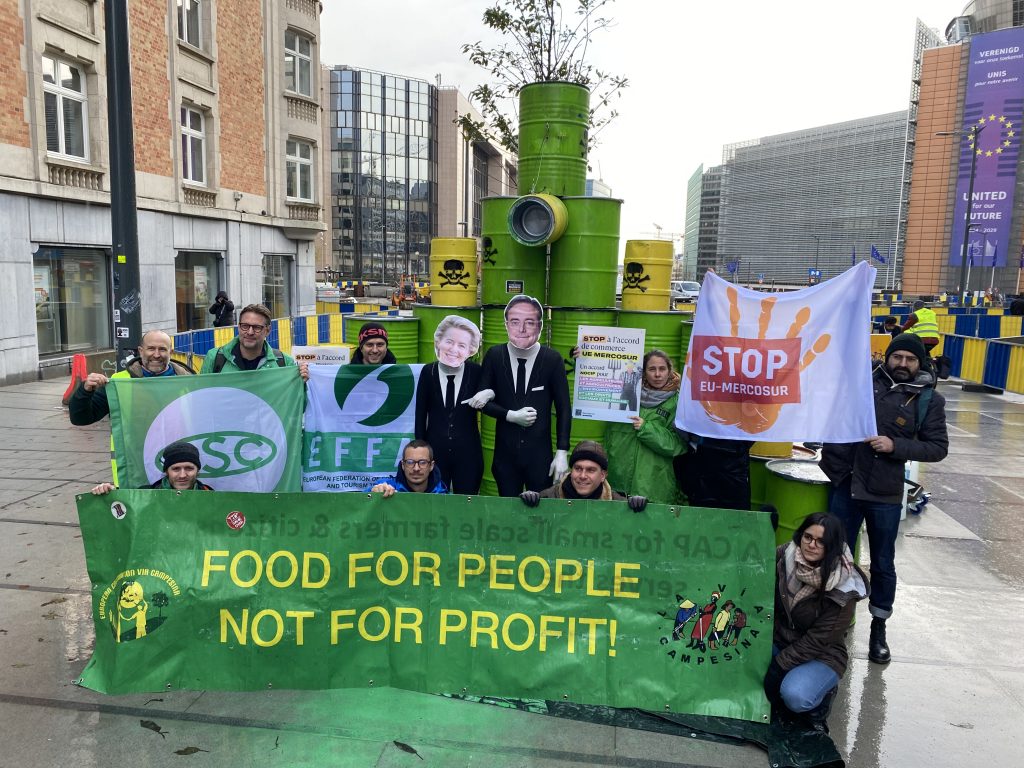Ahead of today’s trilogue, the Council proposes a bad deal to Parliament by excluding the financial sector, and proposing weak and unenforceable climate plans.
The outcome of last week’s COREPER meeting was unequivocal: the Spanish presidency has received a mandate to advocate for the exclusion of the financial sector from the scope of the Corporate Sustainability Due Diligence Directive. By excluding one of the main sectors supporting the fossil fuel industry, the council is distorting the very principle of this law, and preventing companies from being held accountable for their impact on climate, the environment, and human rights.
This position is incomprehensible, particularly in light of the support from experts like Frank Elderson, Board Member of the European Central Bank, who recently emphasised the crucial importance of including the financial sector in the directive, for private finance to effectively support the green transition.
Moreover, the council presidency is proposing very weak climate requirements. Companies would be forced to make a climate transition plan, but Germany and France veto an obligation for companies to actually have to implement these plans. The same two governments are blocking provisions in the directive that would allow for stakeholders to take companies to court for failure to reduce their emissions. Transition plans lose their significance if companies face minimal consequences for non-compliance. Additionally, by proposing to remove mentions of the Paris Agreement and other major environmental provisions from the draft text, the Council no longer hides its intention to turn this text into an empty shell on climate and environmental matters.
Alban Grosdidier, climate campaigner at Friends of the Earth Europe, said:
“The veto by France and Germany against strong, enforceable climate plans is unacceptable; they are turning a potentially groundbreaking climate law into yet another greenwashing opportunity for big business. Similarly, excluding the financial sector is a lost opportunity to genuinely transform corporate behaviour.”
Friends of the Earth deplores the outcomes of the November 15 COREPER meeting, which are neither satisfactory from the perspective of financial sector accountability nor from the standpoint of climate and environmental requirements. Ahead of today’s trilogue, Friends of the Earth Europe calls on decision makers to stop undermining the negotiations for an effective due diligence directive and to ensure genuine climate protection and access to justice.
Background: the Corporate Sustainability Due Diligence Directive is a broad legal package designed to make multinational corporations operating in the EU market accountable for the human rights violations, the environmental destruction and the emissions contributing to the climate crisis in their value chains – meaning not only their own direct operations, but also their suppliers’, their distributors’, and their customers’







